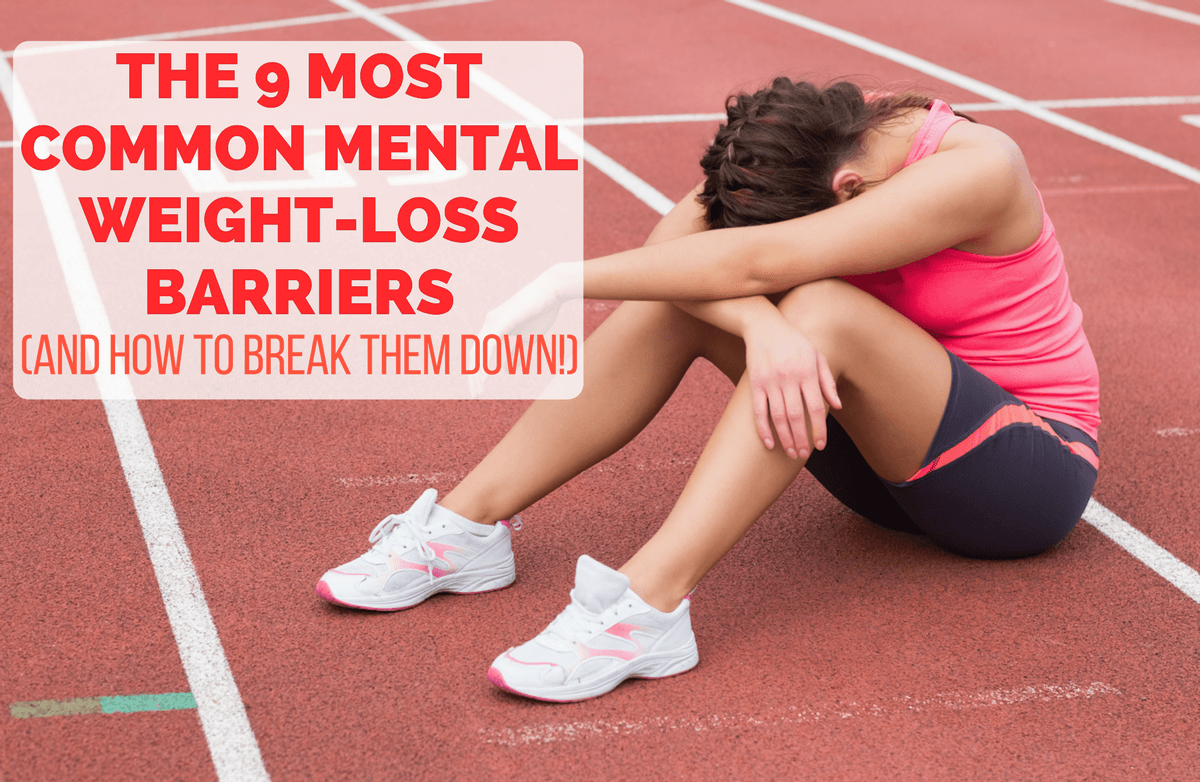|
Food combining became popular back in the 1980’s, when the book Fit for Life was published. Written by Harvey and Marilyn Diamond, the premise of the book was that when foods were not eaten in specific ways, the body had a hard time digesting and absorbing the nutrients. The book, which my nutrition professors back then wrote off as unfounded and unsound, theorized that since foods made the digestive process work too hard, they contributed to digestive distress and became fat instead of being used by the body. Eating food groups in specific combinations and frequency, the book's authors explained, would cure digestive ailments and assist with weight loss because of a natural sort of cleansing process. Food combining eventually fell off the radar, replaced by other fad diets. Then a few months back, Mariah Carey unveiled a 20-pound weight loss that returned her to her "high school body." The singer revealed her new workout and diet secrets, which apparently included not eating protein and carbohydrates together (basically food combining). So, is food combining something worthwhile to help you reach your goals? The Fit for Life plan as well as Mariah’s eating plan is really not something new, basically just some old diet gimmicks reintroduced in a new package. Food combining principles actually came from a diet developed by Dr William Hay back in 1911. The Hay diet recommended that starches and sugars should not be eaten at the same meal with proteins and acidic fruits. Instead, starches and sugars should be eaten with “neutral” foods such as oils, butter, or cream. Likewise, Hay recommended that non root vegetables (any that are not grown in the ground), could be combined with either starch or protein foods. Hay also advised waiting four hours between starch meals and protein meals. Much of the focus was on the pH balance of the gut and how different foods alter and affect that balance. That people would jump on board with these ideas just goes to show that the desire for weight loss (and to deal with digestive issues) is very strong. So strong that people are willing to try almost anything to lose weight and feel better, even if it doesn’t really make a lot of sense. The idea that certain foods and nutrients were not intended to be eaten together is not logical for several reasons. 1. We were designed to consume breast milk as babies to grow and thrive. Breast milk is a combination of carbohydrates, protein and fat. 2. The body was designed to secrete a variety of digestive enzymes, which are capable of breaking down any food or combination of nutrients at the same time. 3. Most foods naturally contain a combination of carbohydrates, protein and fat that aren’t designed to be separated. If you look at the big picture, there are a couple healthy ideas included in the food combining approach. • Eating every few hours helps keep the metabolism primed and the body burning fuel efficiently. • Food combining encourages eating fruits and vegetables frequently, which most of us need encouragement to eat. Food combining isn’t really a practice that will promote digestion or weight loss any more than most of the other specialized diet routines that are touted. Personally, I have a hard enough time coming up with healthy meals for a family on the run, and the idea that I have to follow additional combining rules just to lose a few pounds or deal with my indigestion would put me over the top most days. So, I’m glad that healthy, well-balanced eating at the right calorie level and a balanced exercise plan allows me and others to control weight regardless of the combination our foods are eaten. Mariah most likely had her success from the application of these principles and someone to watch over her and make sure she followed them. So what should you do if you have digestive issues? Review these basic Dietary Tips for Digestive Distress first and see if you can make some small changes that help. If not, then (as is always recommended), talk with your health care provider. Do you have any tips for digestive issues that have helped you and may be helpful for others? Share them below |
More From SparkPeople
|













.jpg)

